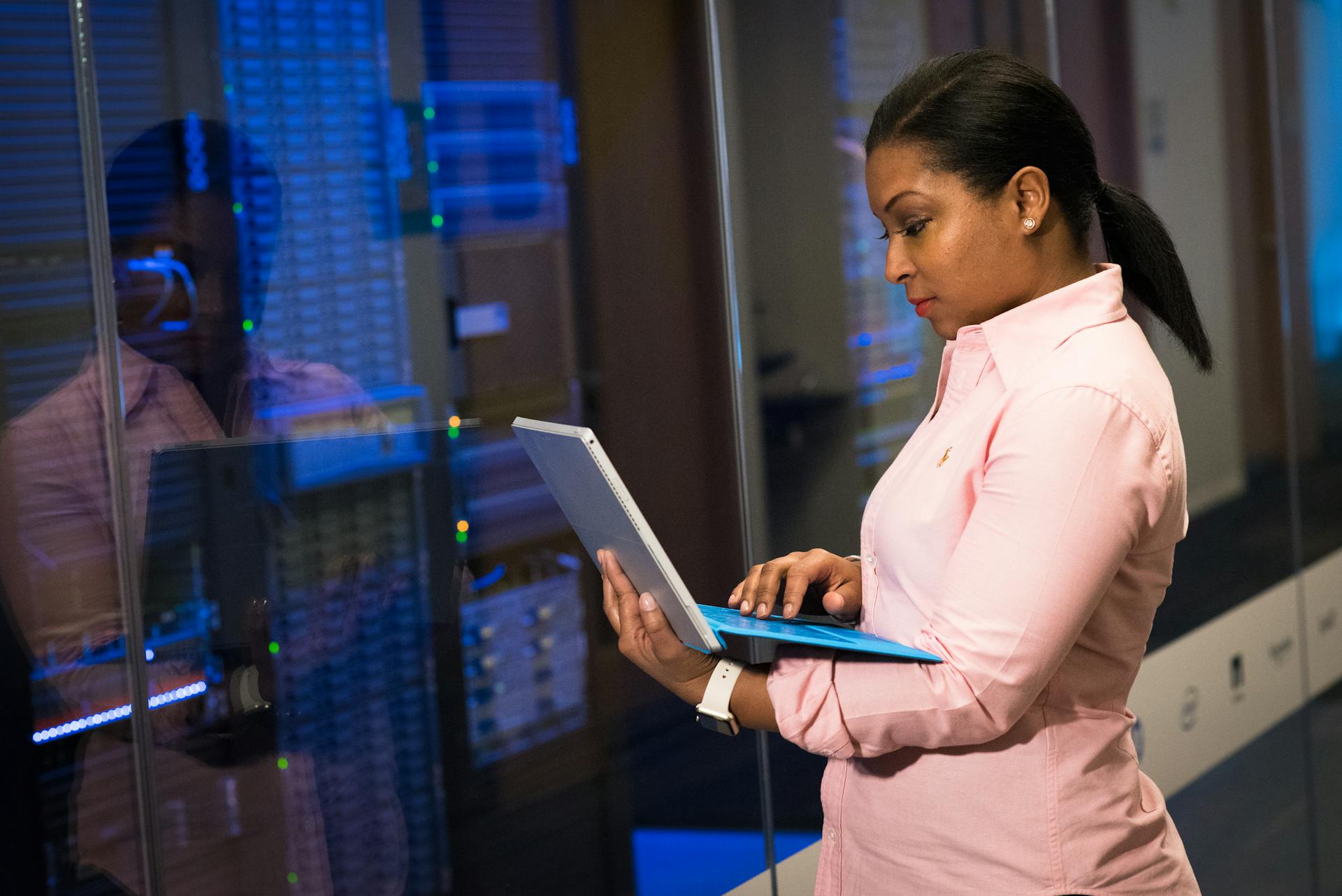The engineering world of 2026 requires another combination of technical and soft skills to succeed within the ever-changing technological world. To remain competitive and innovative, engineers have to prepare themselves not only with the basic knowledge but also with the skills in new technologies and interpersonal skills. This article underscores the best skills that future engineers must acquire to be successful.
Artificial Intelligence and Machine Learning Mastery
Artificial intelligence and machine learning have taken center stage in revolutionizing the engineering process, to allow the process to be smarter through automation, design, and prediction. AI/ML-knowledgeable engineers are capable of creating systems that are data-driven, optimizing, and minimizing human input. Developing expertise in AI systems, knowledge of machine learning systems, and ability to do fast engineering will be critical to innovation in many industries, including aerospace, manufacturing, and healthcare.
Cloud-Native Technologies and DevOps Fluency
 Cloud engineering skills are becoming critical as most enterprises are moving towards cloud-first architecture. The engineers should be familiar with cloud-native design patterns, container orchestration tools, such as Kubernetes, and infrastructure-as-code tools, such as Terraform. DevOps knowledge, such as continuous integration and delivery (CI/CD) pipelines, will allow building more resilient and rapid software deployments. The capabilities guarantee scalable, dependable, and serviceable engineering solutions in contemporary production settings.
Cloud engineering skills are becoming critical as most enterprises are moving towards cloud-first architecture. The engineers should be familiar with cloud-native design patterns, container orchestration tools, such as Kubernetes, and infrastructure-as-code tools, such as Terraform. DevOps knowledge, such as continuous integration and delivery (CI/CD) pipelines, will allow building more resilient and rapid software deployments. The capabilities guarantee scalable, dependable, and serviceable engineering solutions in contemporary production settings.
Cybersecurity Awareness
Cybersecurity is an essential skill of engineers with the emergence of connected systems. Knowledge of threat modeling models, safe coding methods, and integrating security software into the development process can prevent threats and information breaches. The comprehension of such concepts as Zero Trust architecture, identity and access management, and encryption can protect products and infrastructure and meet regulatory requirements.
Data Analysis and Digital Literacy
 Engineering design and optimization is being revamped by the use of data-driven decision-making. Engineers should be able to analyze big data, interpret information, and apply digital twins or simulation software. Python or R skills, together with the knowledge of data visualization and cloud computing, would improve problem-solving competencies. The digital literacy will enable engineers to maximize data to achieve efficiency, improvement, and innovation.
Engineering design and optimization is being revamped by the use of data-driven decision-making. Engineers should be able to analyze big data, interpret information, and apply digital twins or simulation software. Python or R skills, together with the knowledge of data visualization and cloud computing, would improve problem-solving competencies. The digital literacy will enable engineers to maximize data to achieve efficiency, improvement, and innovation.
Advanced Soft Skills and Ethical Acumen
Technical expertise is not enough but engineers should also acquire soft skills such as critical thinking, empathy, teamwork, and communication skills. The ability to communicate the complex conceptual issues and also cooperate in different teams is very important. Additionally, the development of ethical reasoning contributes to the engineers thinking about the social consequences of their professional activity, considering prejudice, privacy, and responsibility. These attributes generate confidence and generate human-friendly and sustainable solutions to technology.
Problem-Solving and Critical Thinking
The engineers of the future need to be great at problem identification, evaluation, and solutions. Critical thinking will be of great help in handling ambiguity and complexity presented in high-level engineering designs. Being able to evaluate information and predict possible complications by training analytical skills will help engineers to be responsible and efficient innovators.
Embracing Innovation and Adaptability
The fast-growing technological process demands that engineers should be versatile students, interested in trying new tools, approaches, and paradigms. The adoption of novel practices, including automation, generative AI, and edge computing can enhance productivity and access new opportunities. Flexibility enables the engineers to be able to stay relevant and useful to the industry as demands vary.
Conclusion
The engineer of 2026 must be multidisciplinary with a skill set encompassing AI and cloud skills, cybersecurity skills, knowledge of data literacy, and other people skills that are vital. Development of such competencies prepares engineers to solve difficult tasks, be innovative and successful in a rapidly changing technological environment. This future requires one to constantly learn and be active in mastering technical and soft skills to succeed and be a leader.

